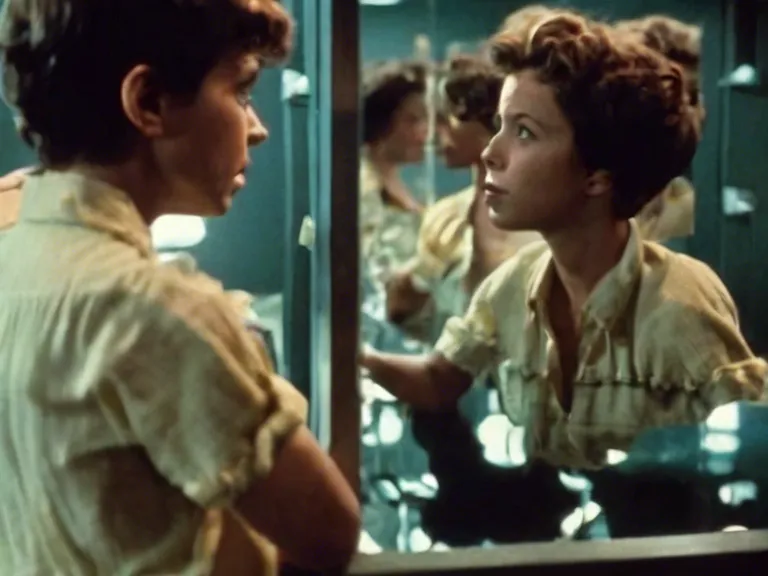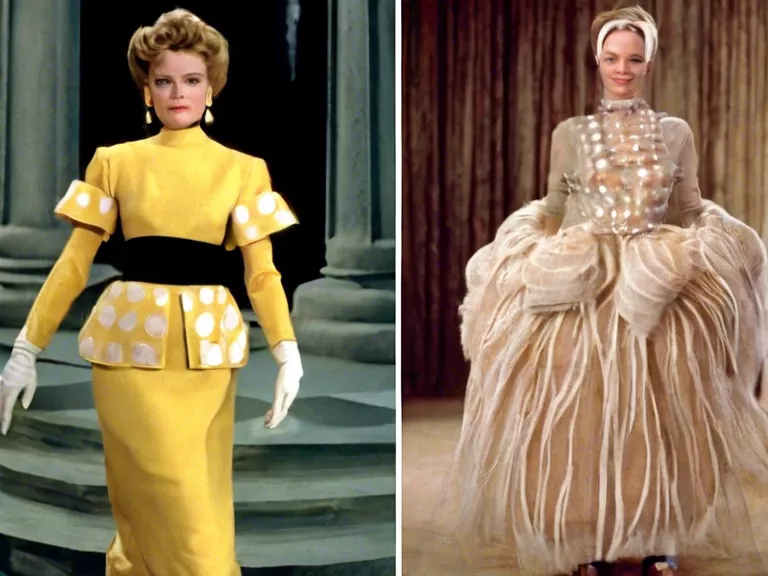
Movies as Mirrors: How Film Reflects Societal Changes
In a society constantly evolving, movies have served as mirrors reflecting the changes and transformations happening around us. From issues like gender equality, racism, technology, and politics, films have the power to capture the essence of societal shifts and bring them to light on the big screen.
One way in which movies reflect societal changes is through their portrayal of gender roles. In the past, women were often portrayed as damsels in distress, relying on men to save them. However, in recent years, we have seen a rise in strong and independent female characters who challenge these stereotypes. Films like "Wonder Woman" and "Mad Max: Fury Road" showcase women as powerful and capable, signaling a shift in societal attitudes towards gender equality.
Similarly, movies can also reflect changes in attitudes towards race and ethnicity. In the past, Hollywood often perpetuated harmful stereotypes of people of color. However, recent films like "Black Panther" and "Get Out" have pushed back against these stereotypes, portraying diverse and complex characters that challenge societal norms.
Furthermore, movies have the power to comment on political and social issues of the time. Films like "The Hunger Games" and "Snowpiercer" offer dystopian worlds that serve as cautionary tales about the consequences of unchecked power and inequality. By reflecting on these societal issues, movies have the ability to inspire change and spark important conversations.
In conclusion, movies serve as powerful mirrors that reflect the changes and shifts happening in society. By portraying diverse characters, challenging stereotypes, and commenting on political and social issues, films have the ability to shape and influence societal attitudes. As we continue to evolve, movies will remain an important tool for reflecting and understanding the world around us.

